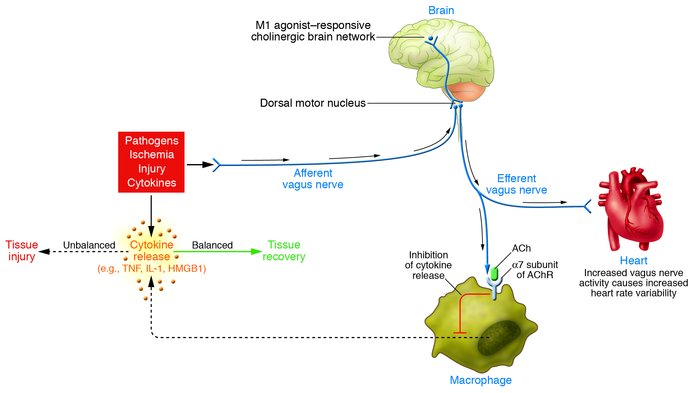From their web site:
"The ANAVEX 3-71 data provides evidence for a positive, more upstream effect on reducing synaptic loss, amyloid and tau pathologies, and neuroinflammation, which is potentially beneficial for the treatment of Alzheimer’s and other neurological diseases. ANAVEX 3-71 is part of the Company’s pipeline including ANAVEX 2-73 targeting sigma-1 and muscarinic receptors.
“Our preclinical findings for ANAVEX 3-71 demonstrate its significant potential to enhance neuroprotection and cognition via concomitant activation of sigma-1 receptor and M1 muscarinic acetylcholine receptor (M1R), which could be a therapeutic advantage in treating Alzheimer’s and other related protein-aggregation diseases,” said study author Abraham Fisher, PhD. “Specifically, the study results reveal that ANAVEX 3-71 effects a strong reversal of synaptic loss in hippocampal neurons. At very low doses, it mitigates cognitive deficits and normalizes major pathological hallmarks in Alzheimer’s disease models indicating that ANAVEX 3-71 exerts a comprehensive disease-modifying effect. This data adds to the strong foundation of preclinical evidence to support the potential use of ANAVEX 3-71 in Alzheimer’s disease and a wide array of other central nervous system diseases.”
http://www.anavex.co...-disease-models
also from their web site
"Preclinical studies demonstrated its potential to halt and/or reverse the course of Alzheimer’s disease. It has also exhibited anticonvulsant, anti-amnesic, neuroprotective and anti-depressant properties in convulsive epileptic animal models, indicating its potential to treat additional CNS disorders, including epilepsy and others. Michael J. Fox Foundation (MJFF) for Parkinson’s Research has awarded Anavex a research grant to develop ANAVEX 2-73 for the treatment of Parkinson’s disease to fully fund a preclinical study, which could justify moving ANAVEX 2-73 into a Parkinson’s disease clinical trial. ANAVEX 3-71, also targeting sigma-1 and M1 muscarinic receptors, is a promising preclinical drug candidate demonstrating disease modifications against the major Alzheimer’s hallmarks in transgenic (3xTg-AD) mice, including cognitive deficits, amyloid and tau pathologies, and also with beneficial effects on neuroinflammation and mitochondrial dysfunctions."
Edited by alc, 07 December 2015 - 11:23 PM.













































